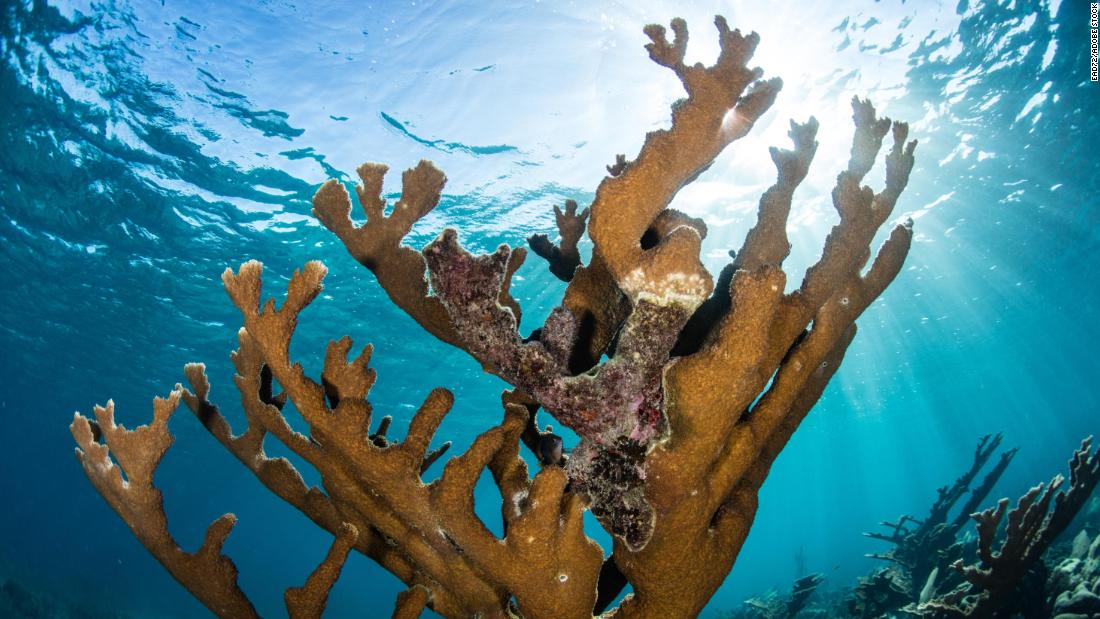Found this on CNN.com this morning. It may be old news for some readers, but I found it interesting and encouraging.

 www.cnn.com
www.cnn.com

CNN Exclusive: Scientists make major breakthrough in race to save Caribbean coral
Elkhorn coral once dominated the Caribbean. But, just as other vital coral ecosystems are degrading around the world, elkhorn are now rarely seen alive in the wild.




